Comprehensive Approaches to OAB in the Elderly with Comorbidities
Urology
Curriculum:
Case Clinic: Taking a More Aggressive Approach for Treatment of Persistent OAB Symptoms
Case Clinic: Taking a More Aggressive Approach for Treatment of Persistent OAB Symptoms
Credits:
0.5 ANCC Contact Hours 0.5 AMA PRA Category 1 Credit(s) ™ 0.5 CPD
0.5 ANCC Contact Hours 0.5 AMA PRA Category 1 Credit(s) ™ 0.5 CPD
Launch Date:
May 31, 2017
May 31, 2017
Expiration Date:
The accreditation for this activity has expired.
The accreditation for this activity has expired.
Primary Audience:
Urologists, urogynecologists, obstetrician-gynecologists, primary care physicians, nurse practitioners, physician assistants, nurses
Relevant Terms:
Urology, general practice, internal medicine, obstetrics-gynecology
Martin Wehling, MD
Martin Wehling, MD
Professor of Clinical Pharmacology
University of Heidelberg
Mannheim, Germany
Bio
Dr. Wehling received his doctorate degree from Purdue University and is full-time Professor of Clinical Pharmacology at the University of Heidelberg. He is also a board-certified internist (cardiologist) and has long-standing experiences in basic science (cell physiology, steroid pharmacology, nongenomic steroid actions), clinical trials (translating basic science into human studies), and clinical medicine (invasive cardiology, endocrinology). In 2004, he was appointed by AstraZeneca as Director of Discovery (translational) Medicine. Returning to academia in 2007, he promotes translational medicine by aligning academic and private activities. Main tools are connecting distant players in the translational process, assembling, developing, and profiling of biomarkers and developing smart translational plans to promote promising projects.
| 1. | Evaluate overactive bladder (OAB), particularly in the presence of comorbidities, considering the impact on quality of life | 2. | Inform patients about current and emerging therapeutic options and strategies for managing OAB, focusing on the patient's needs and assessing efficacy, tolerability, and optimal adherence |
| 3. | Engage in more effective provider-patient dialogues to identify the patient's needs and improve outcomes for OAB | 4. | Provide proper counseling and support to patients with OAB to increase their motivation for treatment-plan adherence and to improve patient quality of life |
| 1. | Evaluate overactive bladder (OAB), particularly in the presence of comorbidities, considering the impact on quality of life |
| 2. | Inform patients about current and emerging therapeutic options and strategies for managing OAB, focusing on the patient's needs and assessing efficacy, tolerability, and optimal adherence |
| 3. | Engage in more effective provider-patient dialogues to identify the patient's needs and improve outcomes for OAB |
| 4. | Provide proper counseling and support to patients with OAB to increase their motivation for treatment-plan adherence and to improve patient quality of life |
Program Description
Comorbidities and polypharmacy are often common in older individuals who present with overactive bladder (OAB); patients may need to be screened for other possible causes of urinary urgency. First-line therapy for OAB is always lifestyle interventions. Second–line treatments include antimuscarinics or a beta-3 adrenergic agent. Moreover, a combination of changes in lifestyle with drug therapy may be more effective than either treatment on its own in older individuals. This case report describes in detail treatment selection, and the adjustments that often must be considered and implemented, in an older patient with OAB who presents with multiple comorbidities.
Provided by Global Education Group in collaboration With Haymarket Medical Education.
Supported by an educational grant from Astellas.
Faculty Information
Martin Wehling, MD
Professor of Clinical Pharmacology
University of Heidelberg
Mannheim, Germany
Faculty Disclosures
Martin Wehling, MD, is a consultant for and on the speakers bureau for Pfizer.
Publishing Staff Disclosures
Susan Basilico, Angie Ladas, and Nick Zittell have nothing to disclose.
Accreditation Statement(s)
Physician Credit: Global Education Group is accredited by the Accreditation Council for Continuing Medical Education (ACCME) to provide continuing medical education for physicians.
Nursing Credit: Global Education Group is accredited with distinction as a provider of continuing nursing education by the American Nurses Credentialing Center's Commission on Accreditation.
Credit Designation Statement(s)
Nursing Credit: Global Education Group is accredited with distinction as a provider of continuing nursing education by the American Nurses Credentialing Center's Commission on Accreditation.
Credit Designation Statement(s)
Physician Credit Designation: Global Education Group designates this enduring material for a maximum of 0.50 AMA PRA Category 1 Credit(s)™. Physicians should claim only the credit commensurate with the extent of their participation in the activity.
Nursing Credit Designation: This educational activity for 0.50 contact hours is provided by Global Education Group. Nurses should claim only the credit commensurate with the extent of their participation in the activity.Disclosure of Unlabeled Use
This educational activity may contain discussion of published and/or investigational uses of agents that are not indicated by the FDA. Global Education Group does not recommend the use of any agent outside of the labeled indications. Please refer to the official prescribing information for each product for discussion of approved indications, contraindications, and warnings.
Disclaimer
The opinions expressed in the educational activity are those of the faculty and do not necessarily represent the views of Astellas or Global Education Group. Please refer to the official prescribing information for each product for discussion of approved indications, contraindications, and warnings. If you have any questions relating to the accreditation of this activity, please contact Global at 303-395-1782 or inquire@globaleducationgroup.com
Method of Participation Instructions
To obtain credit, a score of 70% or better on the post-test is required. This activity is offered at no cost to participants. Please proceed with the activity until you have successfully completed this program, answered all test questions, completed the post-test and evaluation, and have received a digital copy of your credit certificate.
Privacy Policy
http://www.mycme.com/privacypolicy/
| Supported Browsers: Internet Explorer 8.0+ for Windows 2003, Vista, XP, Windows 7, Windows 8.1 and above Google Chrome 28.0+ for Windows, Mac OS, or Linux Mozilla Firefox 23.0+ for Windows, Mac OS, or Linux Safari 6.0+ for Mac OSX 10.7 and above | Supported Phones & Tablets: Android 4.0.3 and above iPhone/iPad with iOS 6.1 or above. |

